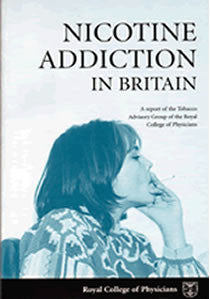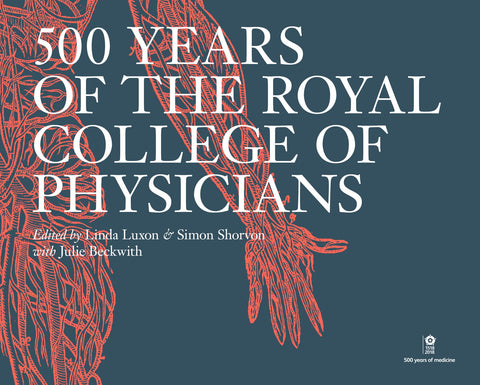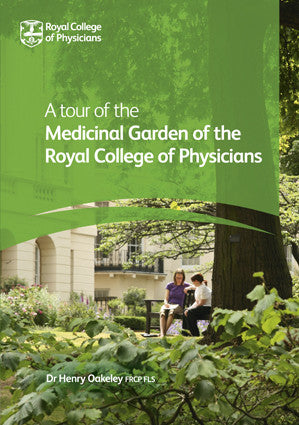Cigarette smoking is the single largest cause of disability and premature death in Britain, yet it is usually described in terms of 'a habit' rather than a serious - often fatal - addiction to the drug nicotine. Nicotine addiction is usually established within one year of experimenting with cigarettes, which, for most life-long smokers, was before they were 16. It is the nicotine in tobacco that keeps one in four people smoking and it is nicotine that is responsible for the withdrawal symptoms suffered by those who attempt - often unsuccessfully - to quit.
Although not necessarily physically harmful in pure form (but this remains to be investigated), as a constituent of tobacco in cigarettes nicotine is the most addictive, widely available drug in the Britain. But despite this, nicotine in tobacco products is not subject to the same regulations and controls as other drugs. The report recommends that this should change.
In emphasising the central role of nicotine addiction in smoking - its physical, pharmacological and psychological effects - the reports sets out implications for the ways in which smoking could be managed by doctors and health professionals in the future. Recommendations are also made for the more effective delivery of smoking cessation services.
This innovative and carefully researched report explains why nicotine addiction needs to become a major health priority in Britain. The report will also have relevance to countries throughout the world who face a smoking epidemic and its consequent harmful effects on a population's health.






